Arenui Anderson looks forward to every Thursday.
That's when he can meet with his friends in Understanding Same Gender Attraction, the unofficial group for LGBT students at Brigham Young University in Provo, Utah.
"It really is helpful," the 19-year-old tells Out. "I probably wouldn't be in the place I'm in now if it wasn't for that group."
Anderson, who is gay, seeks out the fellowship of other gay and lesbian students because of the restrictions his school places on "homosexual behavior." Brigham Young is a private, nonprofit college financially supported by the Church of Jesus Christ of Latter Day Saints. The school's Honor Code forbids "all forms of physical intimacy that give expression to homosexual feelings." Violations can lead up to expulsion.
"I'm very affectionate with my friends," he says. "But every time I hug someone, in the back of my mind, there's always something nagging at me. Like, 'Oh, they're going to be watching.' It is really stressful."
Anderson isn't alone. Religiously affiliated colleges and universities often rank as the worst for LGBT students to attend. Brigham Young recently ranked on Campus Pride's Shame List of "the absolute worst campuses for LGBTQ youth." The school has also faced scathing backlash over the mishandling of sexual abuse on campus, according to a report by The Salt Lake Tribune, and may lose a bid to join the Big 12 athletic conference because of outcry from LGBT and rape survivor groups.
Yet every fall, LGBT students--whether out or not--still show up on these campuses, purchase textbooks, and enroll in classes. They continue their lives like any other American college student. The reactions from the outside LGBT community vary from confusion to outright derision.
"It's disheartening when people come in and say I shouldn't be here," Anderson says. "It's a black-and-white thing for them. They assume, 'Oh, you're gay, so you shouldn't go to this school.' It's not that simple."
When asking why attend a religious university, LGBT students might be expected to say they attend because of their strong connection to the church or the expectation of their families.
But that's not the biggest motivation.
"It's really affordable to get a really good education," says KC Clark, an economics freshman at Brigham Young. "I don't want to be drowning in student my entire life."
Clark, who is lesbian, started during the summer term and returned last week for the fall term.
"I don't want to give up," she says. "This is hard, and it's never going to stop being hard. I figure, I've already lived through the worst of it. In the end, the good education will be worth everything."
While colleges and universities vary widely in cost, the best schools for LGBT students are also the most financially inaccessible. In Utah, Brigham Young students are charged two different tuition rates depending on their membership in the Mormon church (60 percent of Utahns are members). In 2016-17, Brigham Young's Mormon students can expect to pay $5,300 in tuition--cheaper than the $7,680 in-state tuition at the University of Utah and the $6,864 in-state tuition at Utah State University.
"The decision to attend was a very financial decision for me," Anderson says. "I got into two or three other schools--even one that Campus Pride listed as the top 30. But BYU has great programs that are affordable. And I earned this spot. I don't want to give it up, but at the same time, I don't want to suppress one part of me because the rules say so. I just didn't want to put a financial burden on my family."
Anderson takes a breath. "Money shouldn't play such a big role--but it does."
LGBT students also attend and stay at religious schools hoping to change how their faith talks about sexual orientation and gender identity.
"People ask me if I would still be in church after I graduated, and I think so," Clark says. "There are still a lot of great things about the church. If I left, I feel like I would be giving up. Mormon and gay seem like two opposites. But we can exist. I'm hoping my sexuality can educate other people here who have never left Utah or never experienced anything else."
Anderson says that he's often surprised when participating on USGA panels, where he talks to Brigham Young students about his sexual identity.
"People aren't attacking me," he says. "Occasionally, they ask some off questions. Overall, it isn't bad. There's a big mix of opinions, and they just want to understand."
However, trading affordability and the chance to educate others for living openly is still hard for bright, young students. Clark starts the new term determined, but still frustrated.
"You see couples everywhere," she says. "I can't even shake hands without being afraid. I'm not bothered by it necessarily. I just know I can't take part in that."
For more information on how your school ranks for LGBT students or for scholarship information, visit CampusPrideIndex.org.
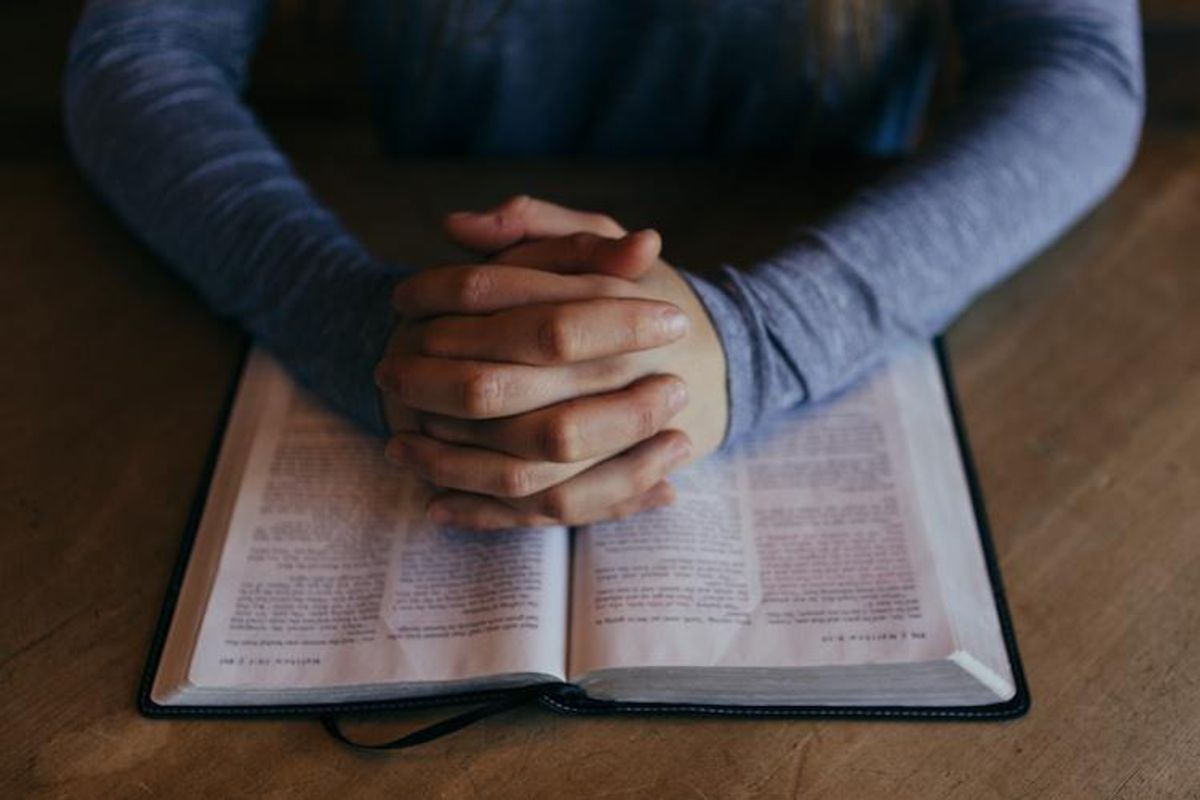


















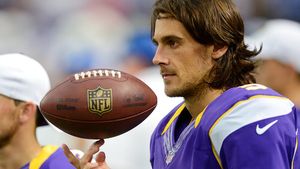







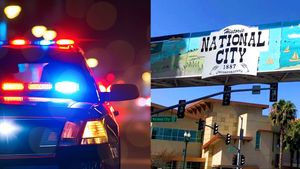







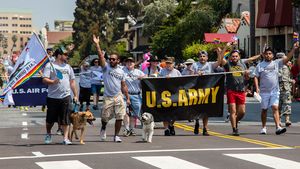


















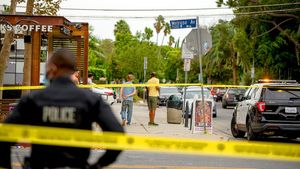


































Did 'The White Lotus' waste Lisa's acting debut?